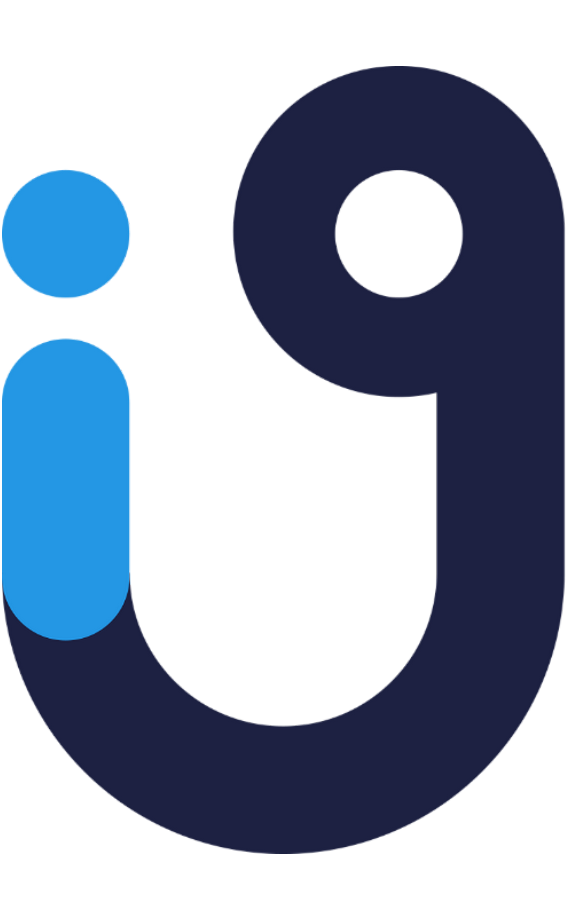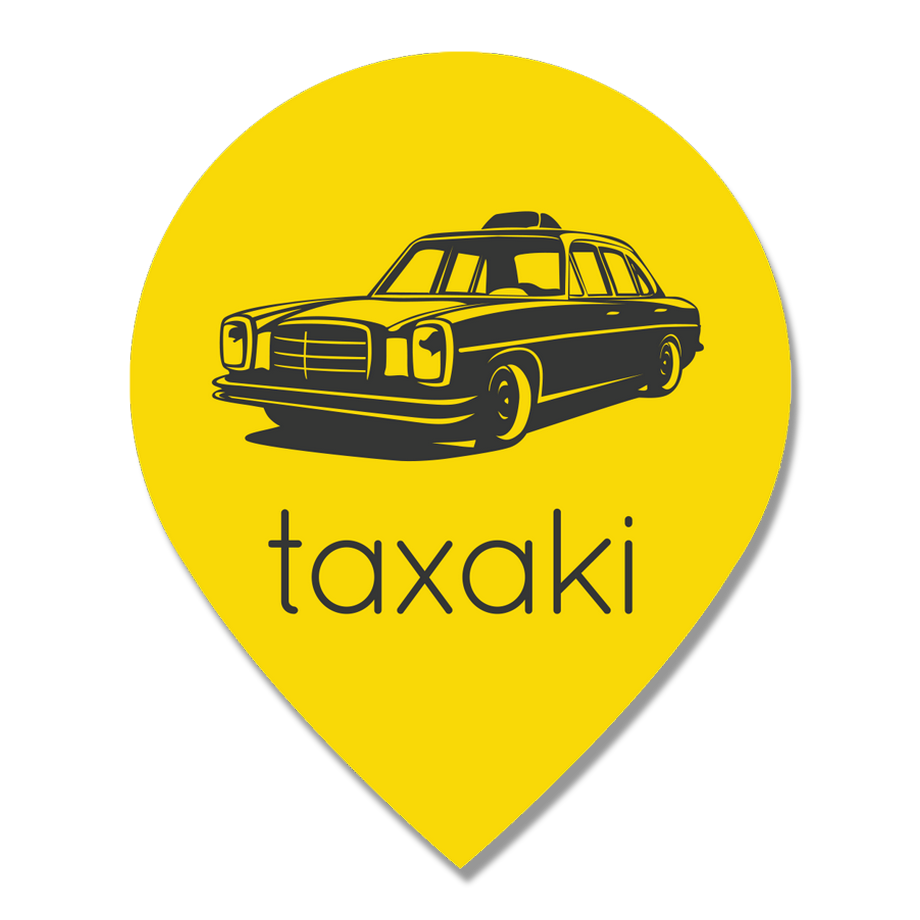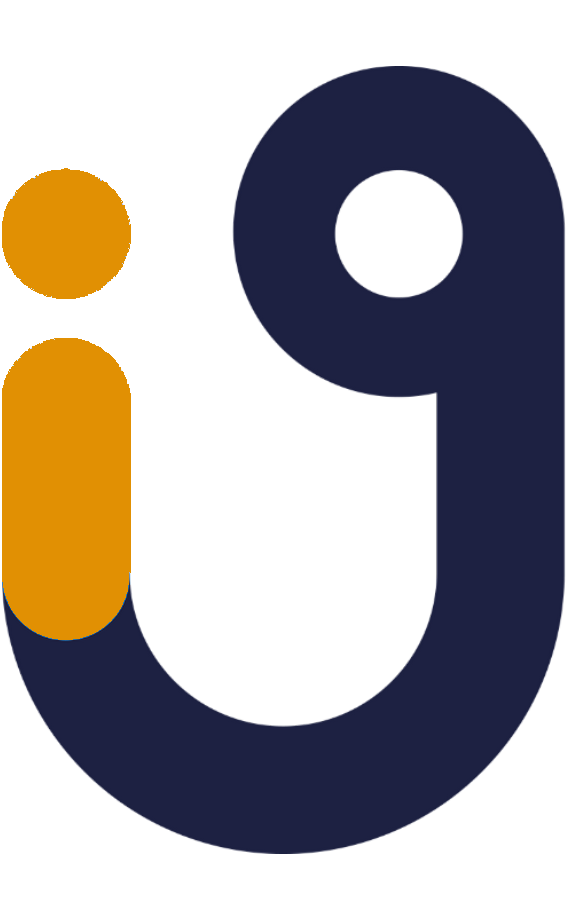On the go
Trainers
Ilias Katsoukas,
Software Engineer
Duration
1 month
Cost
179 euros
Περισσότερες Πληροφορίες
You can see a sample of the lesson here
Introduction
The seminar "Introduction to Laravel" is organized by the specialized high-tech company Digital Academy created by the Group of Lecturers of the NTUA Multimedia Technology Laboratory. It is an intensive seminar that is carried out by the Distance Learning method, allowing the learner to follow a high-level scientific training program from his home or office or from the place and time of his choice, via the Internet.
The course is designed in such a way as to combine high-level theoretical knowledge with the ways of designing and implementing web applications using the Laravel PHP framework. The Laravel framework is a relatively new and constantly evolving PHP framework as its initial version was made in 2011. The tutorial consists of 11 sections which are: Introduction to Laravel, Routing, Views, Forms, Database, Advanced Database, MVC & REST, Controllers, Miscellaneous in Laravel. The two remaining modules are 2 projects that will be implemented during the seminar.
The 11 modules are completed over 4 weeks and correspond to 140-160 lesson hours. The purpose of the seminar is to learn modern technologies for creating web applications. After the seminar, the trainees will be properly prepared for the demanding job market.
Topics
- Introduction & Installation of Laravel
- Routing
- Views & Blade Templating Engine
- Forms & GET/POST Requests
- Create Database & Run Queries
- 1ο Project – Website με δωρεές
- MVC Architecture & REST
- Introduction to Controllers & Types of Controllers
- Advanced topics in Databases
- Miscellaneous in Laravel
- 2nd Project – Platform with User Registration and User Login
Methodology
According to our educational program, the material is divided into 11 educational units and the program is completed with a final project. The program uses the latest version of the free software (open source) Moodle, which is based on the PHP programming platform. The online courses are hosted on proprietary servers incorporating state-of-the-art technologies such as: Processor 2 x Intel Pentium XEON hyperthreading, Memory 32GB DDR RAM, Hard Disks IBM SCSI U320 HDDs@ 15000 rpm Raptors Hardware RAID 5. The central interface with the internet is carried out through the ESET ( National Research and Technology Network) and is of the order of 1 Gbps (EDET has 2 x 622 Mbps internet connection – Pan-European Research Internet GEANT).
After the seminar
After the seminar, the trainee will have acquired the necessary knowledge and skills so that:
- To know the basic functions of the Laravel framework.
- To know the modern technologies for the development of Web applications.
- To know the operation of the MVC architecture on which many frameworks are based (Model-View-Controller).
- To be properly prepared for the demanding job market.
- To enrich his knowledge in PHP.
Purpose of the seminar
The purpose of the seminar is to teach learners the capabilities of the PHP framework Laravel through a series of 11 training modules that cover everything one needs to know to start developing web applications based on Laravel.
The organization of the teaching of the course has been done with the consideration that the trainees either have previous contact with Web technologies (HTML, PHP, CSS), or not, as the teaching of the Laravel framework starts from scratch. During the educational modules, reference is also made to basic functionalities of Web technologies. Of course, in order for the trainees to be able to attend the seminar, they must have basic knowledge of operating Windows.
The training is designed to quickly learn PHP framework Laravel its features and capabilities. During the seminar, 2 projects are presented. In the 1st project, the development of a website with donations is presented, combining various knowledge that the trainee will have received from the previous modules. The 2nd and final project presents the implementation of a platform with User Registration (Registration) and User Login (Login) combining the knowledge of all modules. The projects are designed in such a way that the trainees see not only at a theoretical level, but also at a practical level how they can combine the functionalities provided by Laravel. The tutorial uses version 5.1 of the Laravel framework.











